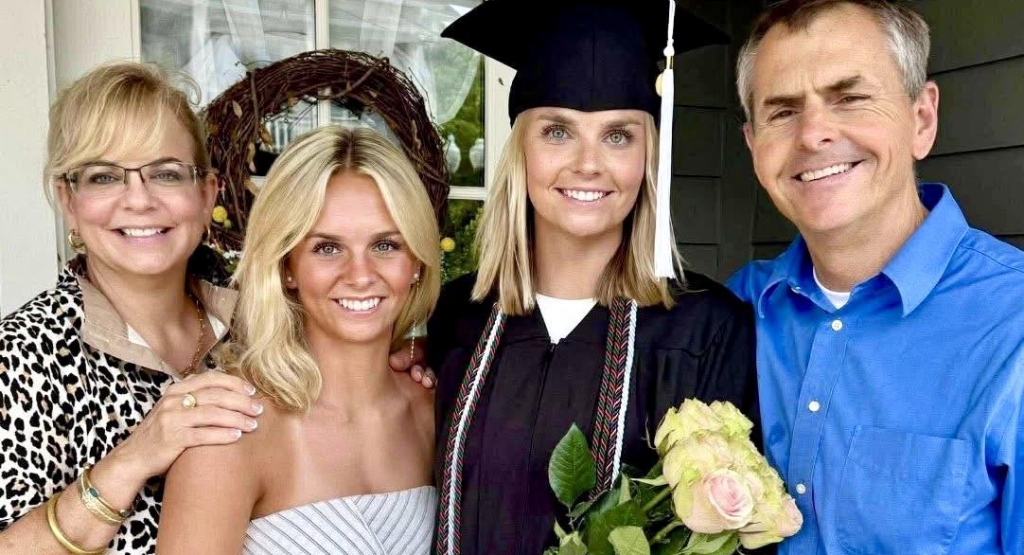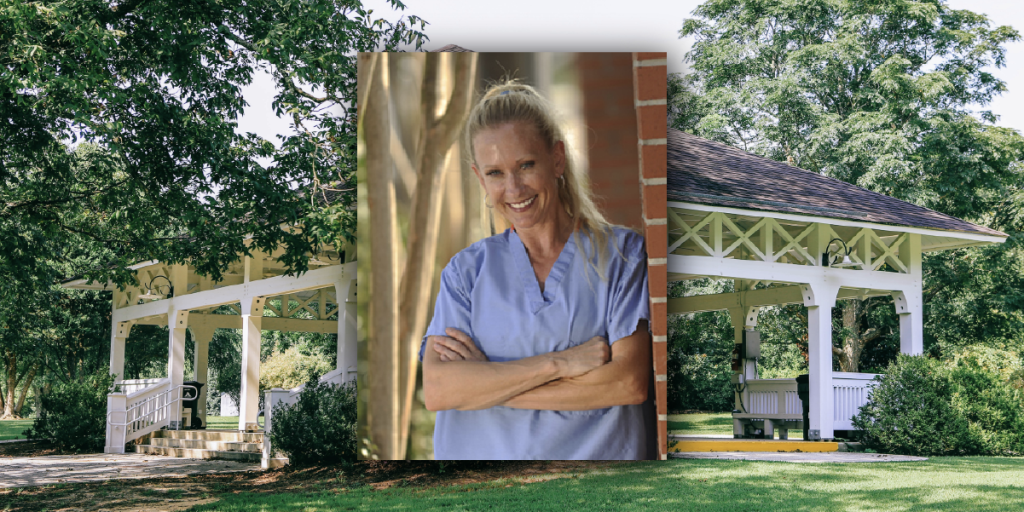When it comes to feeding the hungry, the state’s two fiercest football rivals are on the same team, working together to offer a helping hand.
Last summer, Auburn University’s Hunger Solutions Institute (HSI) launched the End Child Hunger in Alabama (ECHA) County Food Guide Project, a centralized clearinghouse of food resources for struggling families, and then partnered with the University of Alabama (UA) School of Social Work and others to update and maintain the project.
“We developed this project in response to the increased need for food throughout the state during the COVID-19 pandemic,” said Malerie Goodman, graduate research assistant at HSI. “We were seeing so many changes – the opening of food banks, new grocery store operating hours and policies, and new requirements for nutrition programs. But you had to Google endlessly to find all these resources that were becoming available.”
Goodman and HSI Managing Director Alicia Powers got the idea to create the food guide project to address the growing food needs in Alabama. HSI developed the county food guide project, an interactive, one-stop shop where people can find all the food resources available in their county.
ECHA is a network of state leaders in the public and private sectors working to address hunger and food insecurity among Alabama children and young people. Part of Auburn’s College of Human Sciences, HSI works to further the university’s efforts to wipe out food insecurity domestically and globally.
Goodman said getting the project off the ground was a team effort, with support from Share Meals, the New York City Food Policy Center at Hunter College, AirTable and more than 85 volunteers and community partners across Alabama.
“Our goal is to get all these resources in one place so families in crisis can find food,” Goodman said. “Basically, we have been doing all the legwork that we don’t want families to have to do.”
To help with this massive undertaking, HSI called on social work students from Auburn University and the University of Alabama. Since last fall, the students, known as county ambassadors, have been working to populate the online database with comprehensive, accurate and up-to-date information on sources of food throughout Alabama.
“I think the project is really amazing,” said Asia Suttle, a graduate student in the UA Master of Social Work Program. “I know hunger has always been an issue, but it has become a bigger problem since the pandemic. It’s nice to know that I’m helping give people the information they need to find food.”
Suttle, who has been attending college remotely from her home in Talladega, is calling grocery stores statewide. She updates the database with revised store policies, including special operating hours for seniors and the availability of curbside pickup or delivery.
Kimberly Gibson said the project came at a perfect time for UA graduate students, who needed remote internship opportunities during the pandemic.
“It has offered meaningful field hours for our students,” said Gibson, field coordinator in UA’s Master of Social Work Program. “Food security is always a challenge in Alabama, but especially now with so many people out of work. Our students recognize the importance of having access to food, particularly in rural Alabama, and connecting people to resources plays an important role in what they will do as social workers.”
“The students are receiving a valuable remote internship experience, and we are getting the assistance we need in keeping our database up to date,” she said.
Gibson added, “Anytime Alabama and Auburn can come together and work on projects is great, especially when they are helping improve the lives of Alabamians.”
Goodman said the database has grown to 7,000 resources. It includes food banks, soup kitchens, grocery stores, senior centers, child nutrition programs and food resources for pregnant women, children and struggling college students.
Goodman said HSI’s goal is to spread the word about the database to as many people as possible.
“When a family is in crisis, they need food now,” Goodman said. “We’re here to help the organizations doing the work in the trenches get the word to families that they exist and they can help.”
HSI’s next step is to expand the project, offering food resources via automated text and phone for those who don’t have Internet.
The food guide project will be a vital resource long after the pandemic ends, Goodman noted.
“In Alabama, one in four children are food insecure, and that was even before the pandemic hit,” she said. “While we realize that people need resources in times of uncertainty, we also realize that families will continue to need food when things get back to the way they were.”
Goodman is grateful for the help HSI has received to make this project a reality.
“We are proud of the students and volunteers who have given countless hours to this project,” she said. “It just speaks to the sense of camaraderie that we have seen throughout the state. Food insecurity is not limited to families in extreme poverty at this time. You may have friends and neighbors who are experiencing hunger, and you wouldn’t even know it. Our county ambassadors are making sure these people have the resources they need.”
Visit the ECHA County Food Guide at aub.ie/foodguides and click on your county on the interactive map to find a list of food resources in your area.
(Courtesy of Alabama NewsCenter)













